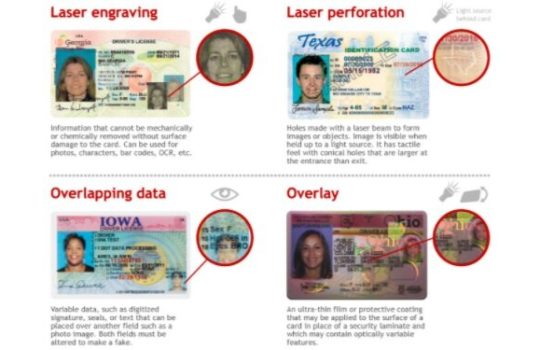South Carolina Fake Id Generator
2023-07-22 2023-07-22 6:17South Carolina Fake Id Generator

South Carolina Fake Id Generator
Albania Fake Driver License
Arizona Fake Driver License
Singapore Fake Driver License
Paraguay Fake Id
Title: South Carolina Fake ID Generator: Unveiling the Risks and Consequences
Introduction:
In recent years, obtaining a fake ID has become increasingly prevalent, especially among individuals under the legal drinking age. The rise of technology has made it easier for people to access tools like the South Carolina Fake ID Generator, enabling them to create counterfeit identification. However, it is crucial to understand the potential risks, legal consequences, and ethical implications associated with using such tools. This article aims to shed light on the subject, emphasizing the extent of the problem and educating readers about the implications of using fake IDs.
1. The Growing Trend of Fake ID Generators:
The emergence of fake ID generators has fueled a burgeoning underground industry, with numerous websites offering these services under the guise of novelty items or entertainment purposes. The South Carolina Fake ID Generator is just one example of such tools, claiming to create authentic-looking identification cards that can pass as genuine. However, their use extends far beyond harmless amusement, leading to serious ramifications.
2. The Legal Consequences:
Using a fake ID, generated by any means, is illegal and can result in severe legal repercussions. When caught, individuals face charges for identity theft, forgery, fraud, or possession of counterfeit documents, depending on the jurisdiction. These offenses carry significant penalties, including fines, probation, community service, and even imprisonment, jeopardizing future prospects such as educational pursuits and career opportunities.
3. Fraudulent Activities and Associated Risks:
Having a fake ID not only enables underage individuals to purchase alcohol or gain entry to age-restricted venues but can also facilitate engaging in other fraudulent activities. Identity theft, credit card fraud, and engaging in illegal transactions are common risks associated with possessing a falsified identification document. Additionally, using a fake ID increases vulnerability to scams, as individuals are more likely to fall prey to fraudulent schemes targeting young and inexperienced individuals.
4. Ethical Considerations:
Apart from the legal consequences, there are ethical implications to consider regarding the use of fake IDs. Obtaining a fraudulent identification document essentially involves misrepresentation and deceit, leading to potential harm for both individuals and society at large. Engaging in activities facilitated by a fake ID may contribute to increased alcohol-related accidents, underage drinking, and other forms of misconduct. Moreover, it sets a negative precedent for future interactions and fosters a culture of dishonesty.
5. The Impact on Genuine Identification Systems:
The use of fake IDs undermines the efficacy and trustworthiness of genuine identification systems. As fraudsters become more adept at creating sophisticated counterfeits, law enforcement agencies and businesses face challenges in distinguishing the real from the fake. This perpetuates an environment of mistrust, necessitating stricter identity verification measures and adversely affecting those who genuinely rely on accurate identification for security and safety purposes.
6. Education and Prevention:
To combat the prevalent use of fake IDs, it is vital to educate individuals, particularly the youth, about the risks and consequences associated with their use. Schools, parents, law enforcement authorities, and community organizations should collaborate to raise awareness regarding the ramifications of possessing and using counterfeit identification. Establishing open lines of communication, providing information about legal alternatives, and emphasizing responsible decision-making can significantly contribute to reducing the prevalence of fake IDs.
Conclusion:
As technology advances, so does the sophistication and availability of tools such as the South Carolina Fake ID Generator. It is essential to understand the gravity of the risks and consequences associated with using counterfeit identification. The legal ramifications, fraudulent activities, ethical considerations, impact on genuine identification systems, and the need for education and prevention strategies all highlight the urgency to address this issue. By fostering awareness and promoting responsible behavior, we can strive towards a society where honest and legitimate identification is the norm, ensuring the safety and integrity of vital identification systems.















